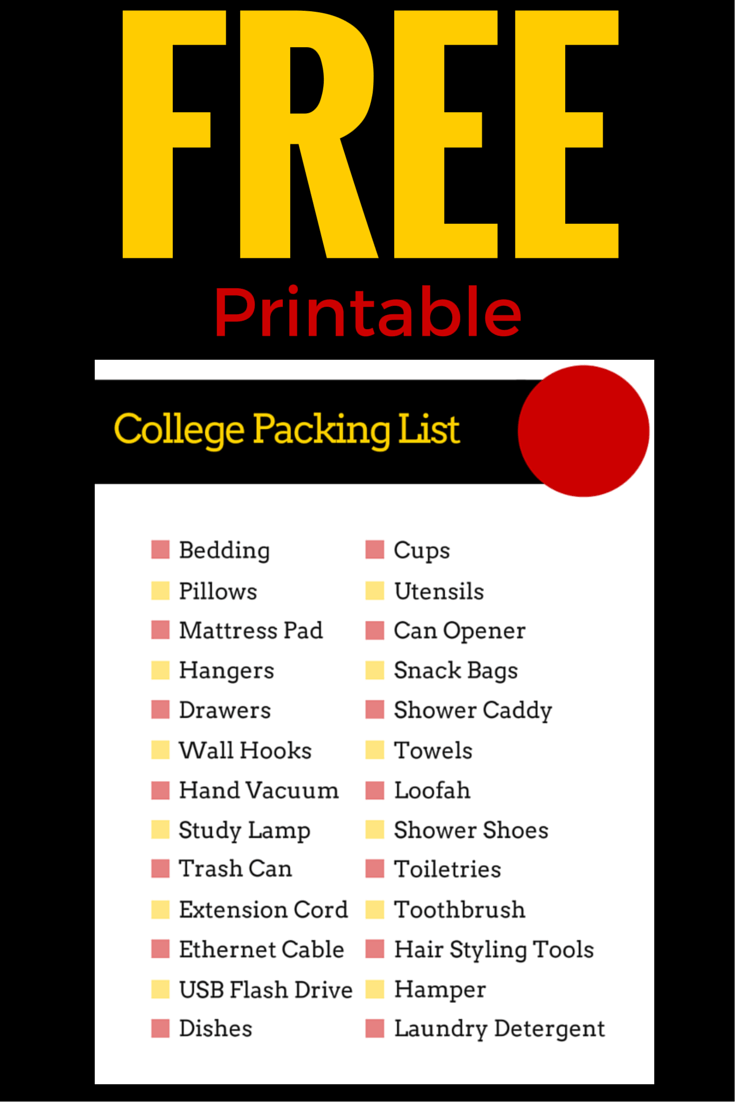5 REASONS WHY AFTER AN INTERVIEW, YOU SHOULD WRITE A THANK YOU NOTE It used to be customary to send thank you notes following an interview, but it seems like fewer and fewer people are making the effort to do this now.
Even though it might sound a little quaint, this small act actually has a big impact on whether someone would like you or not (if you don’t do it).
In light of this, let’s discuss five justifications for sending thank-you notes following an interview.
You might advance in the hiring process by writing a thank you note. Think for a moment about the position you are applying for.
In a position involving customer service, will you be interacting with individuals directly? If so, you should anticipate that the hiring manager would examine thank you cards when determining which applicants should continue forward in the hiring process.
You have the chance to demonstrate to the interviewer that you possess the qualifications indicated on your resume. A thank-you note is a straightforward example of how to exhibit writing skills, communication talents, basic technological skills, and much more.
No matter who you are interviewing with, chances are they have at least a few other things they are juggling. IT SHOWS THAT YOU APPRECIATE THE INTERVIEWER TAKING TIME TO TALK TO YOU.
Saying “thank you for taking the time to chat with me” is a nice gesture, but delivering a short message of appreciation in the mail or by email demonstrates how much you value them taking time out of their day to offer you the chance to land a job.
IT MODELS THE FORM OF YOUR CLIENT/CUSTOMER COMMUNICATION Make sure your grammar, spelling, and layout are impeccable, regardless of how lengthy or short your thank-you message is!
That means refraining from using text-speak (such as “thank you”) or emojis. I know they’re entertaining to use, but wait to use them until after you’ve been employed and learned about the communication practices and corporate culture.
All of these minor nuances demonstrate to the interviewer how you may interact with clients or customers if recruited.
Always strive to provide a positive first impression!
NOTES OF THANK YOU HELP YOU BE REMEMBERED There may be a large number of candidates vying for the same post depending on the role you are interviewing for.
When there are so many qualified candidates going through the same employment process as you, it’s simple to get ignored.
Send an email or handwritten note of appreciation to each person you interviewed with in order to avoid being forgotten. You should be able to discover the company’s contact information on its website, or you can utilize LinkedIn.
Note: Before leaving an interview, make sure to collect the interviewer’s name and right phone number.
I would advise sending this note no later than 24 hours after the interview; in fact, I wouldn’t even think twice about sending it right away!
I should also mention that you ought to write thank-you notes at each stage of the employment procedure. Even though you might switch between bosses and departments, you should always operate consistently. Make sure to customize each thank-you note, and try to avoid using the same template more than once. Be unique and make sure to emphasize the topics covered during each interview!
YOU HAVE THE CHANCE TO SUMMARY WHY YOU ARE THE RIGHT FIT. Consider writing thank you cards as your final opportunity to prove that you are a good match for the organization.
When determining which applicant to give the position to, don’t be hesitant to ask follow-up questions or to include links to your prior work that you believe the hiring manager would find valuable.
If you do add more information or links, make sure to keep it as succinct and to the point as you can. The thank you note should serve as a recap of all that was discussed as you should have done all of your major self-selling during the interview.
Unsure of the topic to write about?
Select a strength you possess that aligns with one of their needed talents, and then briefly describe how you believe you could apply that strength in this role. When the hiring manager hasn’t yet seen how you actually perform in the environment for that role, examples and images may always assist bring your work style to life.
OTHER INTERVIEW GUIDELINES Want to learn more interview advice? Visit my article, “Interview Advice You Should Never Ignore”!
Pin




